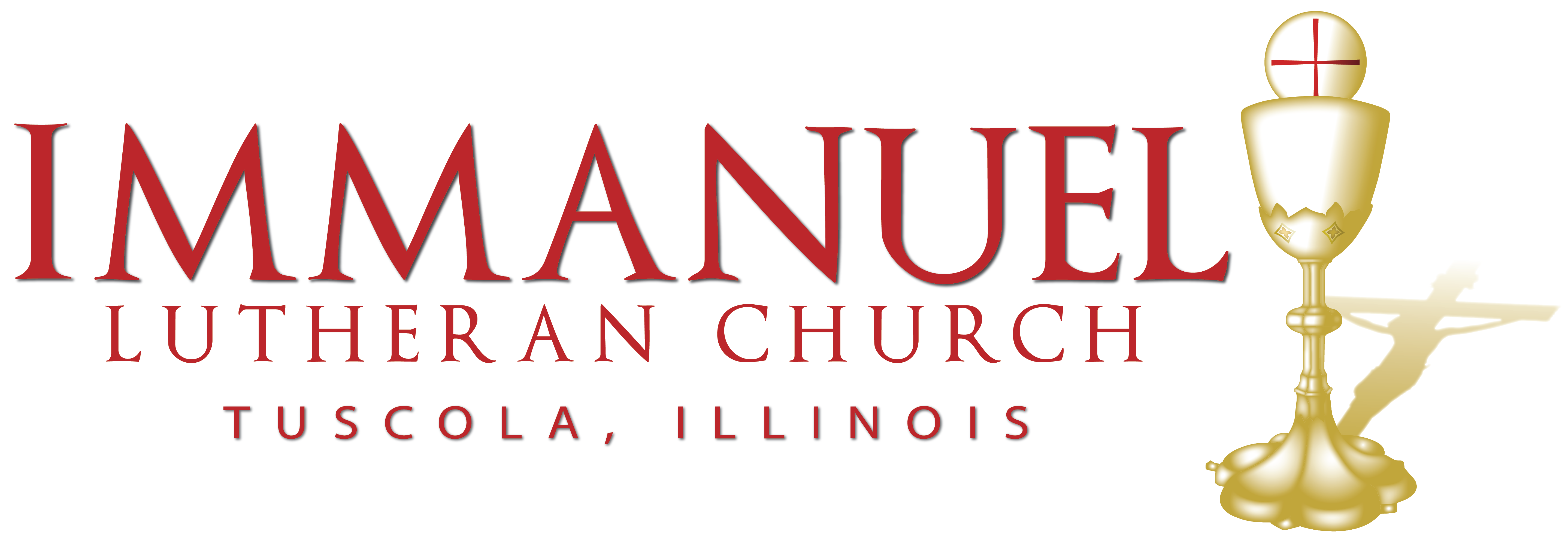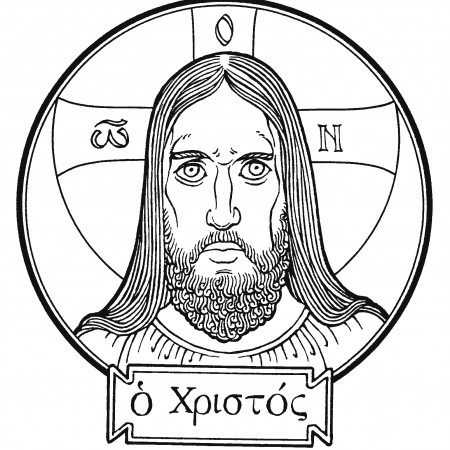The Feast of Sts Peter and Paul
Matthew 16:13–19
+ IN NOMINE IESU +
Some of you may be wondering why we as Lutherans are celebrated a feast for two saints. After all, it seems rather capital C Catholic. The Augsburg Confession, one of the chief documents that lays out what Lutherans believe, teach, and confess gives us the answer. Article XXI of the Augsburg Confession, “On the Worship of the Saints,” states:
Our churches teach that the history of saints may be set before us so that we may follow the example of their faith and good works, according to our calling. For example, the emperor may follow the example of David (2 Sam) in making war to drive away the Turk from his country. For both are kings. But the Scriptures do not teach that we are to call on the saints or to ask the saints for help. Scripture set before us the one Christ as the Mediator, Atoning Sacrifice, High Priest, and Intercessor (1 Tim 2:5–6). He is to be prayed to. He has promised that He will hear our prayer (John 14:13). This is the worship that He approves above all other worship, that He be called upon in all afflictions. “If anyone does sin, we have an advocate with the Father” (1 John 2:1).
And so we do not worship the saints. We worship the one true God, the most Holy Trinity, and we call upon the Father through the Son in the Holy Spirit. For the saints are just like us. They are saints because they have been made holy by holy things: the most holy Word of God and the blessed Sacraments. We are all saints in this way. We have all been made holy by God’s Word and His Sacraments.
While we do not worship them, we do honor them. We look to their faith and their good works as recorded in history. And we seek to follow the example of their faith and works in our own lives according to our calling in life.
Sts Peter and Paul were Apostles. But before they were Apostles, they were Christians. They were believers, those who trusted in the grace and mercy of God the Father in the cross and empty tomb of His Son, Jesus Christ. They confessed their sins, where they had done wrong, and they steadfastly clung to the Word and promise of Christ their savior for forgiveness of their sins, eternal life in the age to come, and everlasting salvation.
And that is what we heard today in the Scriptures. Peter answers the question that every Christian must answer. “Who do you say that I am?” “You are the Christ, the son of the living God” (Matt 16:16). As Christ, which means Anointed One, Jesus was anointed by the Holy Spirit in His Baptism to do the will of His Father. The Father’s will was to live life as it was originally intended, to live according to God’s commandments and will, without sin, in complete submission and trust that what God ordains is always best. What’s more, He was to die the death that we deserve for not having lived as God commands. Jesus did this. And His death became a propitiation, that is, an atoning sacrifice that appeases God’s wrath against our sinfulness. All who trust in the death and resurrection, the cross and empty tomb, of Jesus receive what that event accomplished: forgiveness of sin, life, and salvation.
This initiates a new life, a new life not just there in eternity, but a new life here and now. By baptism we are born again, born from above, not by flesh and blood, but by water and the Holy Spirit. We have a new life now, a life filled with the Holy Spirit to live as Jesus lived (1 John 2:6). We are to follow what God commands, not in order to be saved, but because we have already been saved. And His commandments are not burdensome (1 John 5:3). They are Spirit and they are life (John 6:63). We spend our lives confessing what God has done for us in Christ. We confess not only with our lips but also with our bodies. For our bodies are a temple to the Holy Spirit (1 Cor 6:19–20).
This, too, Sts Peter and Paul did. They lived their lives in the footsteps of Christ. They were not overcome by the world. They did not heed the pressures that the world and its government thrust upon them. They would not deny their savior and Lord. And they paid the ultimate price on earth for it. They gave their lives, confessing and not denying the one who gave His life for theirs.
Have this mind among you, dear brothers and sisters in Christ, and follow their example. For these men would let nothing tear them away from their trust in Christ or their confession of Him with their lives, with their deeds, in this world.
For satan sought to sift them like wheat (Luke 22:31), to draw them away from their faith and confession. They remained faithful, suffering all, even death, before they would fall away from the faith (Rev 2:10). For to deny Christ before men is to have Christ deny them before His Father. But to confess Him, in Word and deed, before men is to have Him confess us before His Father (Matt 10:32; Luke 12:8).
We might not face imminent death as did they. But satan is no less active to sift us like wheat. His ways are subtle, but their effect is the same: denial of Christ before men, which results in Christ’s denial of us before the Father.
And how do we deny Him? With impenitence, with unrepentant hearts, with a lack of desire to live as He has commanded. What are those sins? Consider your life in light of the Ten Commandments? How have you broken one of these without remorse or penitence? Is it by despising the Sabbath day for other endeavors? Is it by not living a chaste and decent life in what you say and do? Is it by gossip, by coveting what your neighbor has or desiring that if you don’t have it, they shouldn’t have it either? Is it by not honoring your parents and other authorities? Anything that you say, think, or do that is contrary to the Scriptures denies Him. But those things that you know you do against God’s Word, those things that you continue to do without contrition, or sorrow, without care for the witness that it gives, these are particularly harmful. For “No one who abides in God keeps on deliberately sinning; no one who keeps on deliberately sinning has either seen him or known him” (1 John 3:6). Unrepentant sin damns us.
And that is why you are here. You are here to confess your sin, and to receive absolution, that is, forgiveness for your sin. You are here to confess Christ before men. And Just as St. Peter was restored after denying Christ three times, so shall you be when you confess that you are a poor miserable sinner and seek to do better. And just as St. Paul, who was complicit in the stoning of Stephen the first martyr, was forgiven and made an Apostle to the Gentiles, so shall you be forgiven.
For in Christ we see the very grace and mercy of God the Father. In Christ we receive the very grace and mercy of God. And in Christ we will live out that reality here in time and there in eternity.
So come and receive Christ, His body and His blood, which not only takes away your sin, but also gives you His life, the life He lived in submission to His Father’s will. Amen.



0 Comments